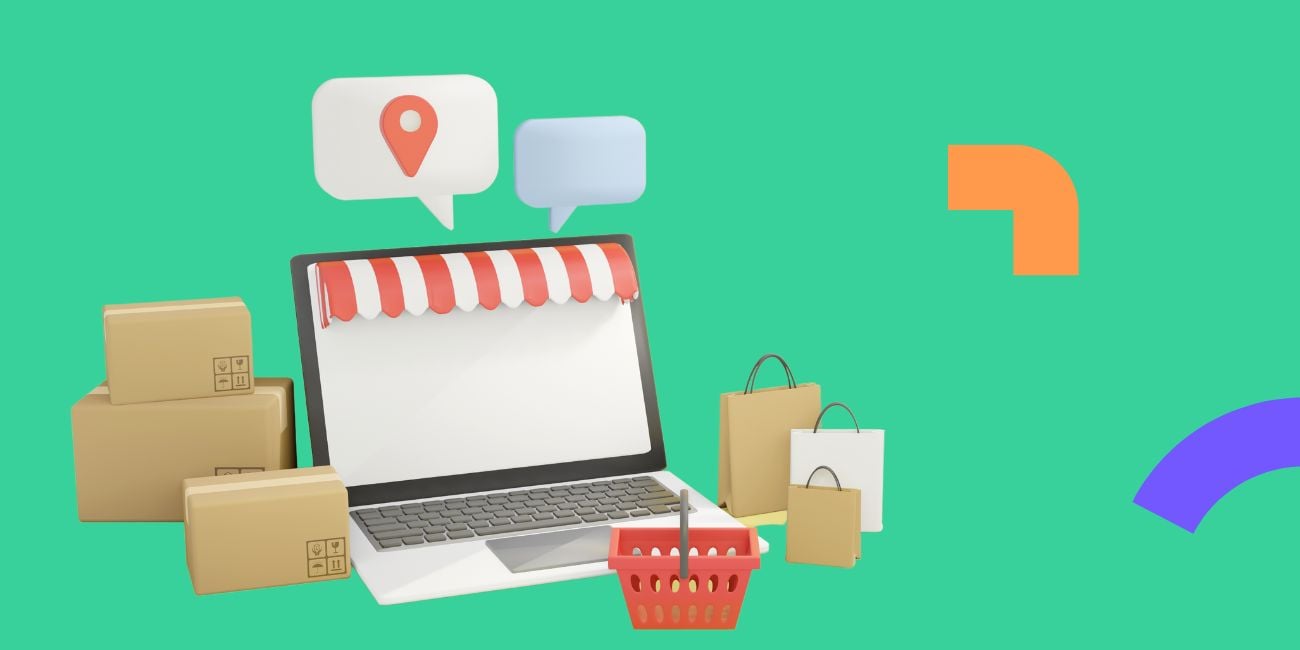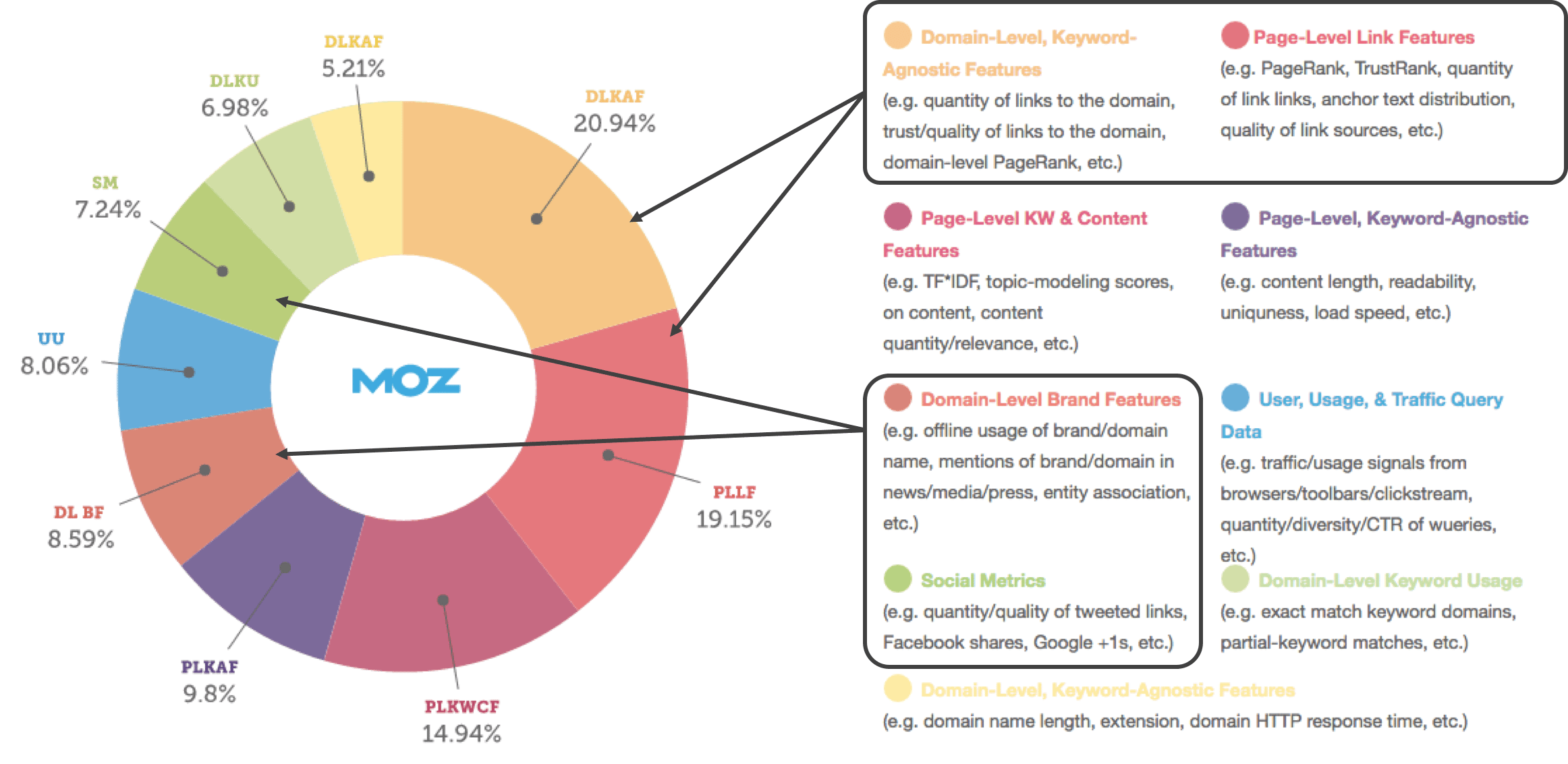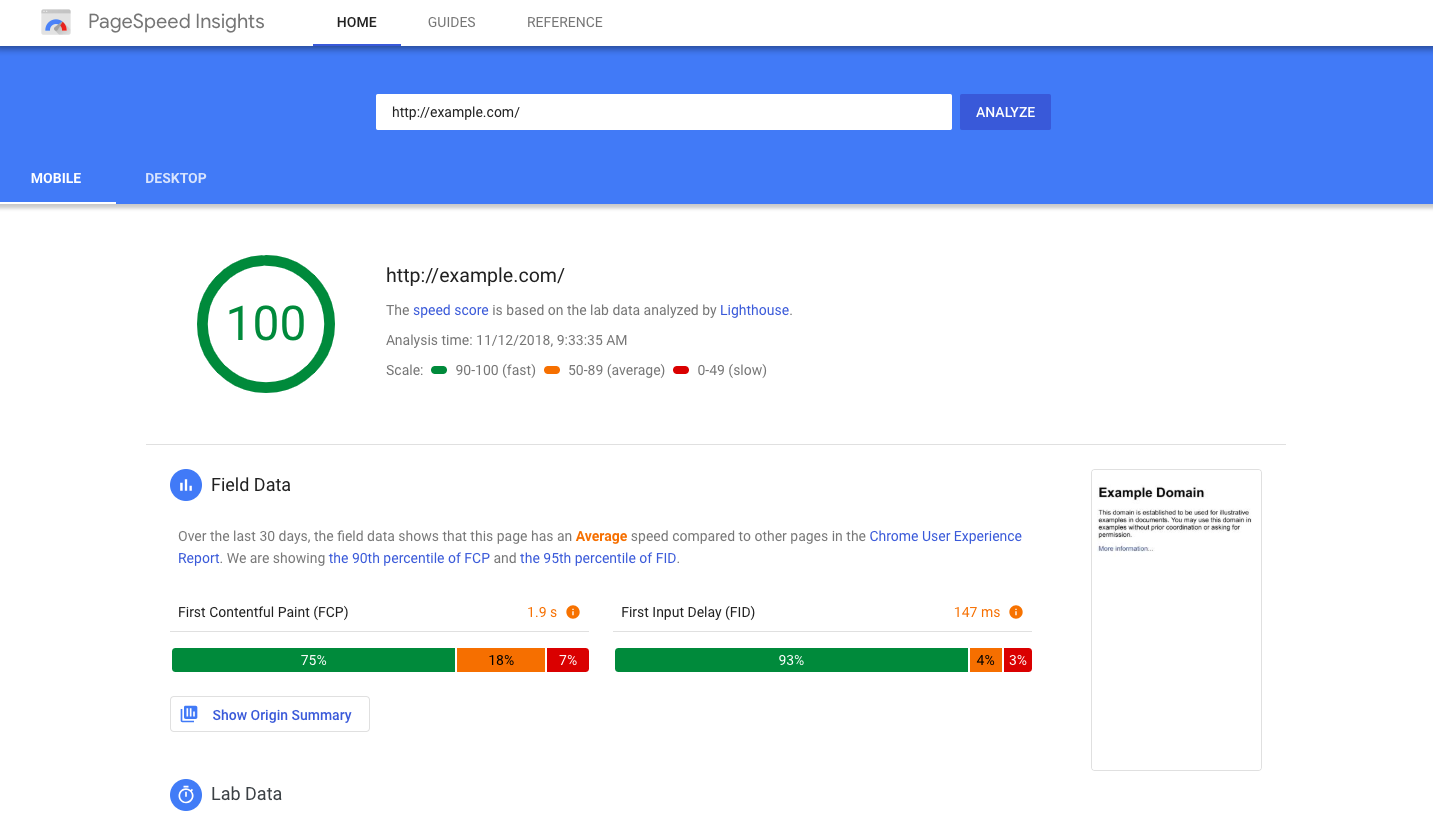Setting up an e-commerce store is a pretty straightforward process. The challenging part is boosting your store’s online visibility, outperforming the competitors, and attracting even one of over 2.14 billion online shoppers.
The best way to get more visitors to your e-commerce store is to focus on your Search Engine Results Page (SERP) ranking.
SERP ranking dictates how target markets perceive your site – whether it seems trustworthy and reliable or not. To improve your competitiveness, you first need to improve your site’s position on SERPs.

SERP in a nutshell
A Search Engine Results Page is a list of websites that search engines such as Google present to users as a response to their queries.
Every time a user inputs their search using specific keywords, such as “sporting apparel,” search engines crawl through millions of websites looking for matches before presenting their findings. The results tend to go from the most to the least relevant, so most users focus their searches only on the top results.
Among the SERPs, you’ll commonly find two types of results – paid and organic. Paid results are clearly labelled advertisements that search engines display first. Organic results are what follows, and you’ll want to focus on them to improve your ranking.
Search engines present organic results according to relevance, site authority, page loading speed, mobile optimization, and more. If you want them to place your e-commerce store among the top organic results, you’ll need to optimize your website and focus on delivering an exceptional user experience.
However, considering how challenging it is for small e-commerce stores to rank higher than some e-commerce giants like Amazon or eBay, there’s something additional you could do to increase your visibility – start using unique SERP features.
Optimizing your on-site content can help your e-commerce store appear in sections such as featured snippets, knowledge panels, or even in the “people also ask” results. That will allow you to connect with your audiences without directly taking on well-established competitors.

Importance of SERP ranking in eCommerce
Over 75% of users never go past the first page of their search results. Few even look past the first two or three results. The main reason is users’ trust in search engines like Google.
Google places high emphasis on user experience and meeting customer expectations. It delivers reliable, quality results, ensuring excellent user satisfaction levels.
Also, you need to understand that eCommerce is one of those industries that need SEO. When running an eCommerce business in this challenging online environment, you can only survive with SEO.
If your e-commerce website isn’t among the first few SERP results, it’s an indication that search engines such as Google don’t deem it trustworthy. Therefore, the end users won’t trust your site either. Unfortunately, it’s a vicious circle, as a lack of user trust also lowers Google’s confidence in your website.
That ultimately means you won’t receive high website traffic, nor will your conversion rates from organic marketing be very enviable.
To improve your ranking and trustworthiness, you must meet customer expectations, prove your value, and provide quality content and information to your audiences.
Improving your SERP ranking
Considering how much your SERP ranking affects your eCommerce store’s performance, it’s critical to improve it. Take a look at possible reasons your store isn’t competing on SERP and learn what you can do about it.
Work on your site structure
Site structure (or site hierarchy) affects the ease of use and ultimately impacts your ranking. It’s an integral part of the overall user experience, so you’ll need to ensure that you get it right.
In a nutshell, your site structure is the organisation of your pages and products – how they intertwine and lead to one another. If your customers need to go through hoops to find your product pages or understand your shipping policy, you’re doing something wrong.
Work on your site structure, ensuring that it’s intuitive and easy to navigate to help all your e-commerce store users find the information and the products they need.
Improve URL structure
Like poorly structured pages, poorly structured URLs confuse customers and search engine crawlers.
The URLs help explain what your web pages are all about, assisting users in navigating your site, understanding your content, and learning how different pages relate to one another. Therefore, you’ll need to create concise, sensible URLs containing only relevant information.
A poor URL for sporting apparel, for instance, would look something like this:
👉🏽 https://www.yoursitename.com/?id=139710346092734
Though the numbers might mean something to you, they’re nonsensical to the users. Instead, look to create something like this:
👉🏽 https://www.yoursitename.com/sporting-apparel/womens-sports-bras/
It’s cleaner, easier to understand, and will positively affect the user experience, leading to a better SERP ranking.
Perform thorough keyword research
As previously discussed, SERPs work by presenting users with relevant web pages based on the search terms they input, such as “sporting apparel.”
So, one of the most critical things you’ll need to do to improve your SERP ranking is finding out what search terms, aka keywords, your target audiences use to find products in your niche. Then, you’ll need to naturally incorporate those keywords into your pages (including URLs).
Short, generic keywords such as “sporting apparel” can be a good start. However, it’s best to go for more specific long-tail keywords and key phrases with lower competition.
Create metadata
Metadata is a set of data that provides information about other data. Though it might initially seem confusing, it’s all pretty straightforward.
It’s textual information that explains to search engines and their crawlers what individual pages on your e-commerce website are about, making their purpose clear.
Two critical types of metadata that all your pages should contain include the meta title (or page title) and meta description.
Meta title explains your page headline more closely, while meta description summarises your page. Though they don’t directly affect your SERP, they are displayed in the search results and can make your website seem more appealing to users.
To create compelling metadata, you’ll need to keep it short and relevant, and you’ll want to include your main keywords.
Provide relevant content
Relevant content helps you connect with prospective buyers, nurture customer relationships, and inspire trust. It lets you include your keywords naturally and show search engines that you have valuable information to offer your website visitors.
As a general rule of thumb, you’ll want to focus on two types of content – static and interactive.
As its name would suggest, static content is usually unchangeable. It stays the same whenever your website users visit one of your pages. It can include your blog posts, product descriptions, FAQ pages, or your “About Us” section.
To create SEO-friendly content, you’ll need to research, identify the best topics for your needs, use the right keywords, add relevant links, and focus on delivering quality first.
Interactive content is more dynamic and, hence, more entertaining. It can include content types such as online quizzes, interactive infographics, surveys, and more. It helps keep your users engaged, encouraging them to spend more time on your website and helping you generate more leads and boost your conversions.
You’ll need both content types to improve your e-commerce store’s competitiveness and increase your online visibility.
Perfect off-page SEO
It’s not only what you do on your site that affects your SERP ranking; it’s also what you (and others) do off it. Any online mention of your brand will ultimately impact your ranking.
Poor reviews on third-party websites, user posts on forums, and comments on your social media pages impact your reputation, affecting your target audience’s and search engine’s perception of your store.
Though you cannot always influence how others talk about your brand, there are ways to improve your off-page SEO. You can partner with well-established, trusted sites to offer guest posting services.
Collaborate on content with other brands, have authoritative sites link back to yours, and post frequent content on social media to boost engagement.
Boost your inbound links
Closely related to off-page SEO is link building. Link building helps you build your site authority, making your e-commerce store seem more reliable.
In essence, link-building means acquiring links that lead from other websites to your own. The more inbound links you have, the more reliable your site will seem, and the higher your ranking will be on SERPs. A great way to acquire these inbound links is by working with a reputable link-building service to ensure quality backlinks from reputable sites.
However, it’s not only about quantity but quality as well.
Having ill-reputed sites lead back to yours can only harm your ranking as their poor reputation will reflect on your brand. On the other hand, having well-established, authoritative sites linked back to yours will reflect positively on your reputation and increase your trustworthiness.
Additionally, consider working with a guest posting service provider to publish blogs on other websites and establish an authority in your industry.
Pay attention to the loading speed
Performance issues such as poor loading speed will push away over 79% of your online shoppers. No one wants to waste more than a couple of seconds for your pages to load. The longer your website loads, the higher your bounce rates are. Consequently, your conversions are lower.
You can perform a quick website speed test to check where you stand and see whether there’s room for improvement. If your website is unusually slow, you might need to reorganise your pages or remove some media.
Reducing redirects, optimizing your HTML, compressing your images, and more can be helpful. However, you might need to change or upgrade your servers if nothing else works.

Optimise the site for mobile viewing
Over 62.06% of all website traffic comes from mobile devices, meaning mobile experiences are becoming increasingly important. A site that’s not mobile-optimised will only lead to user frustration, costing you your reputation and ranking and leading to poor conversions.
Until recently, mobile optimization was just a bonus that impressed a few users. Today, it’s one of the most crucial SERP ranking factors that shape your customer experiences.
Ensure excellent site security
While it doesn’t directly impact your SERP ranking, site security affects the user experience. No online shopper will want to leave their sensitive information (such as credit card information) on sites with dubious data protection. User mistrust will affect your site performance indirectly and lead to a lower ranking.
To inspire trust and increase your site security, you need to get an SSL certificate, regularly update your site and perform security patches, install high-security plugins, and ensure excellent site uptime. Your SSL certificate should be from reputed brands like RapidSSL certificate, GeoTrust QuickSSL Premium, Sectigo SSL, etc.
You should also have site backup, tighten your network security, have a strong firewall, and only use secure web hosts.
Avoid Google penalties
Finally, if you want to improve your competitiveness and rank higher on SERPs, you’ll need to avoid Google penalties at all costs. Bad practices like black-hat SEO, keyword stuffing, and link-building schemes will always result in a poorer ranking.
When you receive a Google penalty, one of two things can happen. You will either get a significantly poorer ranking for your chosen keywords or have Google exclude your site from the SERP list. Either way, your website traffic will suffer.
Therefore, you’ll need to familiarise yourself with the most common Google penalties and ensure you do everything in your power to avoid them.
Final thoughts
Your e-commerce SERP ranking is an essential factor that impacts your performance. High-ranking sites tend to attract higher traffic, enjoy a better user experience, boost lead generation, and increase conversions. Therefore, you’ll need to continually monitor your SERP ranking and work on improving it if you want to reap the rewards.
Want to read more tips on e-commerce strategies? Check our blog on How to reduce product return rate.